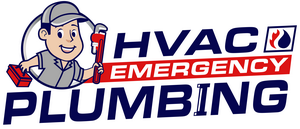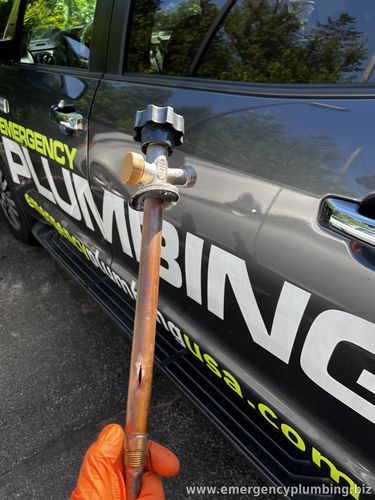11:21 PM Prevent Burst Pipes | |
Burst pipes can lead to costly repairs and significant water damage in your home. Fortunately, there are several steps you can take to prevent this from happening.
1. Insulate Your Pipes: One of the main reasons pipes burst is due to freezing temperatures. To prevent this, insulate your pipes, especially those in unheated areas like basements, attics, and crawlspaces. Use pipe insulation sleeves or wrap them with heat tape to keep them warm during winter.
2. Maintain Adequate Heating: Keep your home adequately heated during cold spells. Maintaining a consistent temperature inside will help prevent freezing pipes. If you're away, don't turn off the heat entirely; instead, lower it slightly to save energy while still keeping your pipes safe.
3. Drip Faucets in Cold Weather: On extremely cold nights, allow faucets to drip slightly. This keeps water moving and reduces the risk of freezing within the pipes. A small, steady drip can make a big difference in preventing pipe bursts.
4. Seal Cracks and Leaks: Inspect your home for any cracks, holes, or gaps in walls, floors, and foundations where cold air could infiltrate. Seal these openings to prevent drafts and cold spots that can affect your pipes.
5. Disconnect Outdoor Hoses: Before winter arrives, disconnect and drain garden hoses. If left attached, water can freeze in the hose and extend into the connected pipe, causing it to burst. Store hoses in a protected area.
6. Maintain Proper Insulation: Ensure that your home's insulation is adequate, especially in areas with exposed pipes. Well-insulated walls and ceilings can help maintain a stable indoor temperature, reducing the risk of frozen pipes.
7. Open Cabinet Doors: In extremely cold conditions, open the cabinet doors under sinks to allow warm air to reach the pipes. This can be particularly helpful for pipes located on exterior walls.
8. Know the Location of Your Main Water Shutoff Valve: In case of an emergency, you should know how to turn off your home's main water supply. Familiarize yourself with the location of the shutoff valve and keep necessary tools nearby.
9. Regularly Inspect for Leaks: Keep an eye out for any signs of leaks or water damage. Early detection can prevent small issues from turning into major pipe bursts. Address leaks promptly.
10. Plan for Vacations: If you're going on vacation during the winter months, consider having a friend or neighbor check your home periodically. They can ensure that your heating is functioning and that there are no issues with your pipes.
Preventing burst pipes requires proactive maintenance and preparation. By insulating, maintaining proper heating, and taking precautions in extreme cold, you can significantly reduce the risk of experiencing this common household disaster. Remember that prevention is the key to avoiding costly repairs and water damage in your home.
| |
⏰ Dispatcher support 24/7
📞 224-754-1984CALL ☎ Subscribe 👆 FORUM 🗣
North Shore, Northwest suburbs of Chicago, IL
Next & Previous posts
| Total comments: 0 | |


